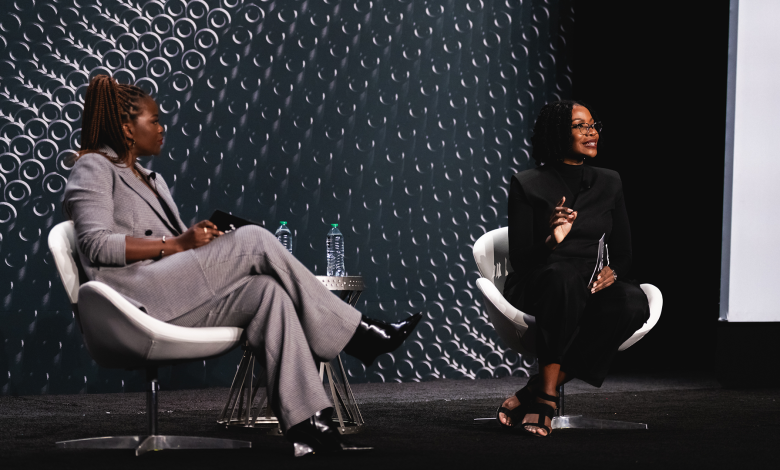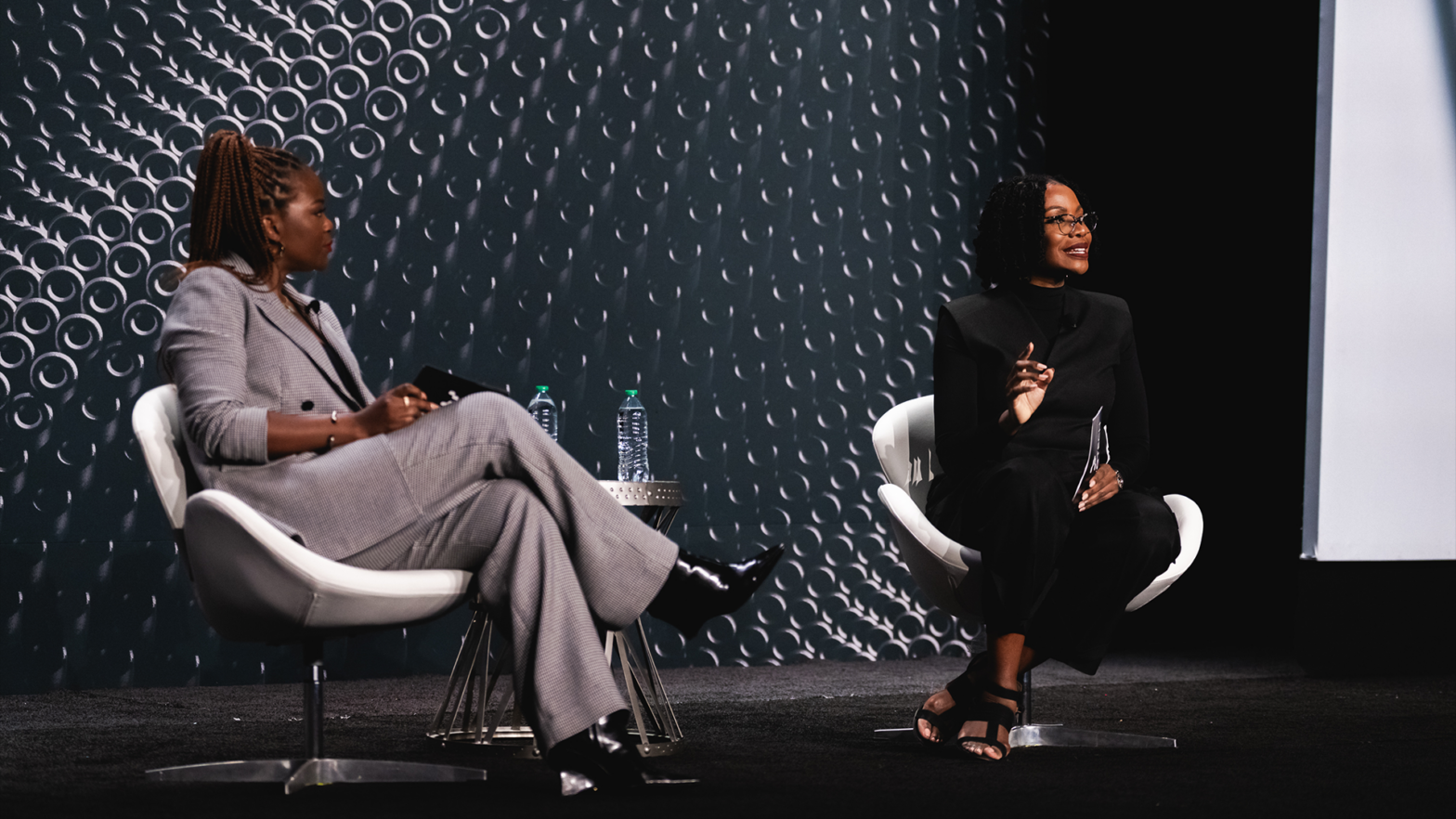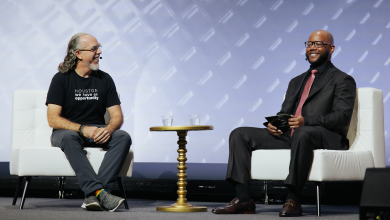Watch Now: Deloitte’s Tanneasha Gordon Weighs AI Pros And Cons While Balancing Privacy Innovation And Ethics At AFROTECH™ 2024


Artificial intelligence (AI) now touches nearly every aspect of life — from health care and national security to smartphones and entertainment.
At AFROTECH™ 2024, Tanneasha Gordon, U.S. data and digital trust principal at Deloitte & Touche, joined Jarell Oshodi, privacy executive and counsel, to explore balancing AI innovation with protecting sensitive information and maintaining trust in a data-driven world.
Diving deep into ethical frameworks, Gordon described AI as a “broad field of computer science, really focused on designing and deploying systems that mimic human intelligence,” viewing it through three paradigms: Our five senses, creativity, and consciousness.
Purchase your ticket to AFROTECH™ Conference 2025 now!
When asked about AI’s benefits, Gordon pointed to increased productivity, efficiency, and cost savings across individuals and enterprises. However, she highlighted five key risks: Deepfakes and misinformation, which threaten democratic processes; copyright and intellectual property concerns for creators; job displacement; algorithmic bias, particularly affecting communities of color; and, most importantly, privacy.
She addressed how AI systems can perpetuate systemic biases, particularly against the Black community — leading to issues like wrongful arrests, biased hiring practices, and racial profiling due to higher error rates in AI outputs.
Gordon noted that while it was relatively straightforward to prevent privacy risks or harm with traditional deterministic models using established controls like penetration testing and red teaming, generative AI is more probabilistic and presents a greater challenge.
“[Probabilistic], meaning that when the AI agent and system is actually processing your prompt, the engineer that built that as well as the engineer managing it, don’t know what the AI is going to actually spit out,” Gordon said. “So it’s all about probability. … It has been trained so well that it is literally guessing what is the best word after each other.”
She outlined the AI development lifecycle — from data preparation and model development to deployment governance and monitoring — emphasizing the importance of understanding and applying each phase to build trustworthy, responsible AI systems.
With AI evolving rapidly and growing so quickly, Gordon noted that governments are responding faster than ever to establish regulations and guardrails to ensure public safety and keep up with technological advancements.
“They’re usually decades behind from my perspective,” Gordon said. “But if I look at the entire regulatory landscape globally, there are more than 300 AI regulations, laws, or guidelines literally passed or in the process of being passed.”
During the November 2024 conference, she noted that there were approximately 30 state-level AI regulations across the U.S. in addition to federal efforts, including an executive order issued by then President Joe Biden and the development of the AI Bill of Rights. On a global scale, she pointed to the EU AI Act, which she believed would serve as a framework many other countries would likely adopt.
However, on Jan. 23, 2025, President Donald Trump signed an executive order prioritizing American leadership in AI and “eliminating harmful Biden Administration AI policies and enhancing America’s global AI dominance,” per a White House fact sheet.
The order criticized the Biden administration for imposing burdensome regulations that, according to Trump, stifled innovation and threatened U.S. tech leadership. The fact sheet reaffirmed a national commitment to advancing AI to support human flourishing, economic growth, and national security.
At AFROTECH™ when asked for a call to action on AI, privacy, and career growth, Gordon urged the audience to consider breaking into cybersecurity — a field she admitted she was biased toward but saw as resilient and recession-proof. She also recommended the book “Securing Our Future: Embracing the Resilience and Brilliance of Black Women in Cyber,” which offers “a bunch of gems” on pivoting into cyber from the experiences of 15 Black women. Her final advice: Research, study the field, and follow leading AI and privacy researchers.
Looking ahead, she acknowledged that while AI will displace some jobs, new roles will emerge — emphasizing the need to embrace and leverage AI to boost productivity and stay relevant in a shifting job market.
“I think roles are going to be reduced,” Gordon said. “So, where you may have needed 200 people to do something, you might just need a hundred, and then you supplement the rest of that workforce with AI agents. So I think we just need to know that. …But every time there’s the displacement, there’s new opportunities, and we need to keep an eye out for that, but also make sure that we are stepping our game up in terms of understanding this technology, how it can benefit us, not just personally, but from a business and a career and just productivity and learning perspective.”
To explore more exclusive insights like this from top-tier AFROTECH™ events, click here to watch AFROTECH™ Labs.




